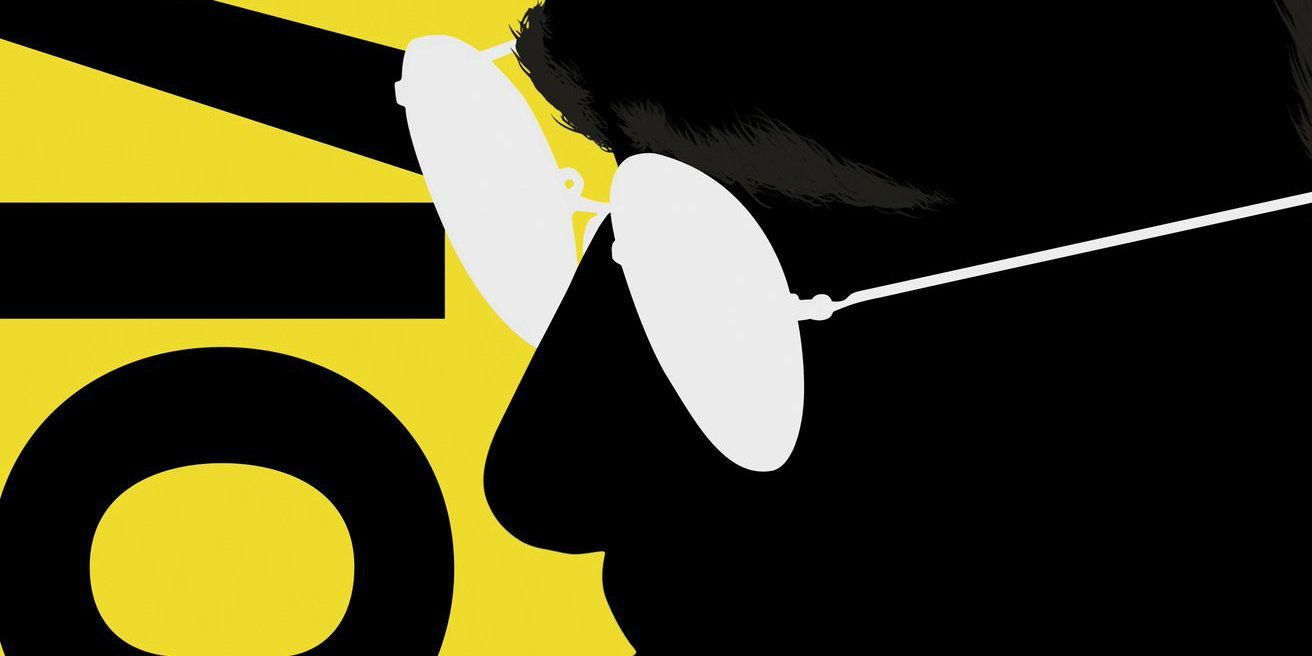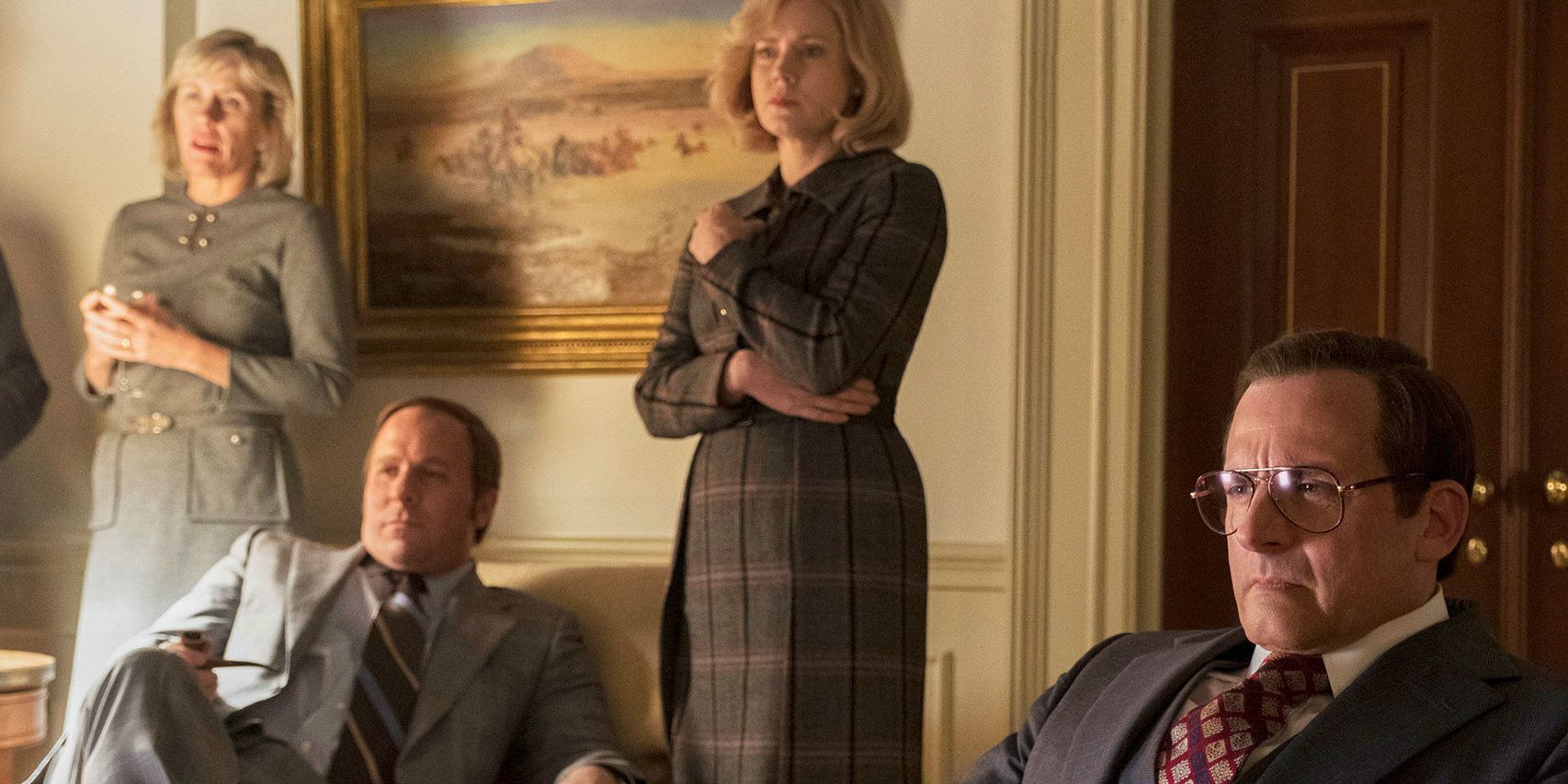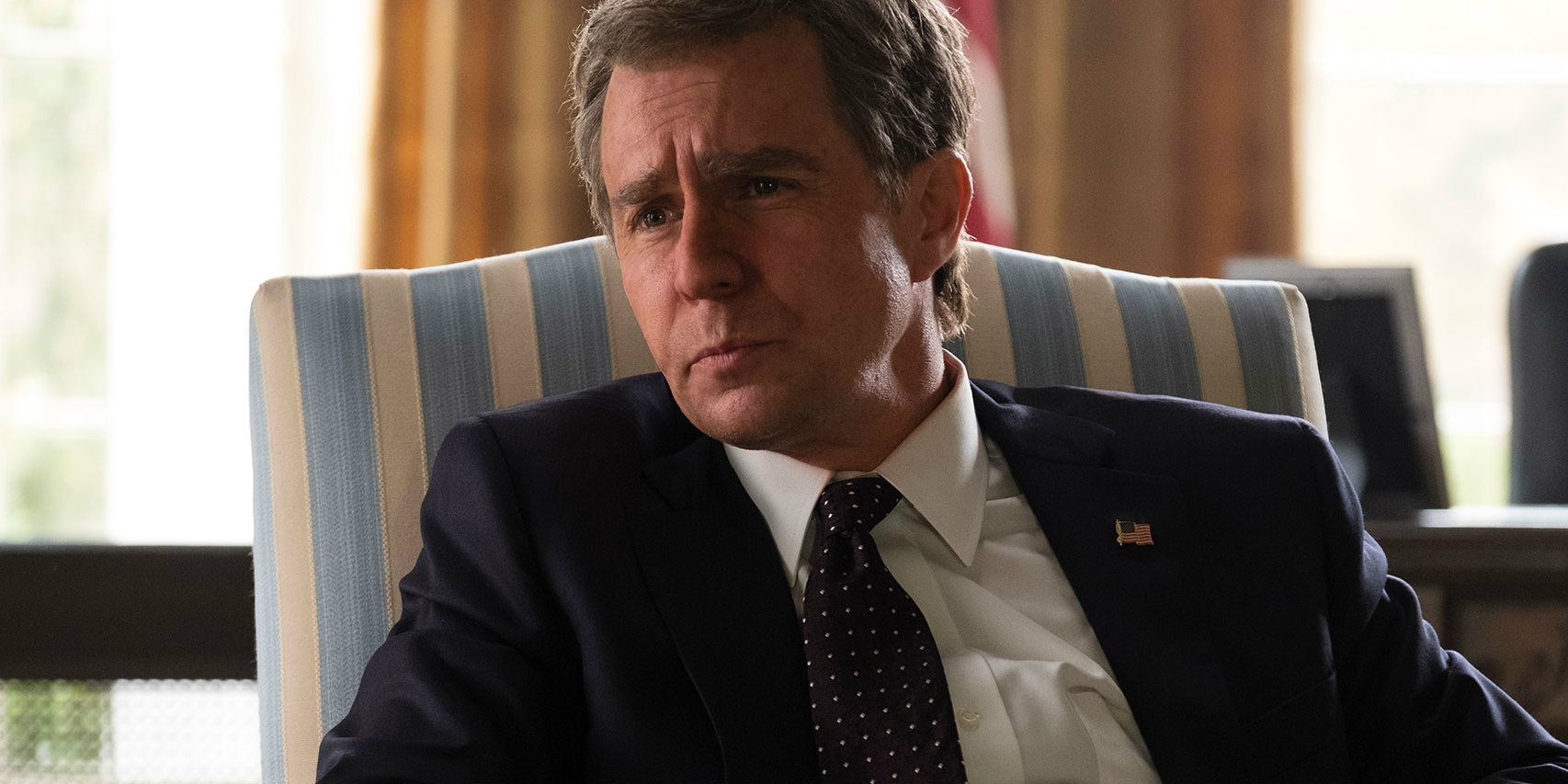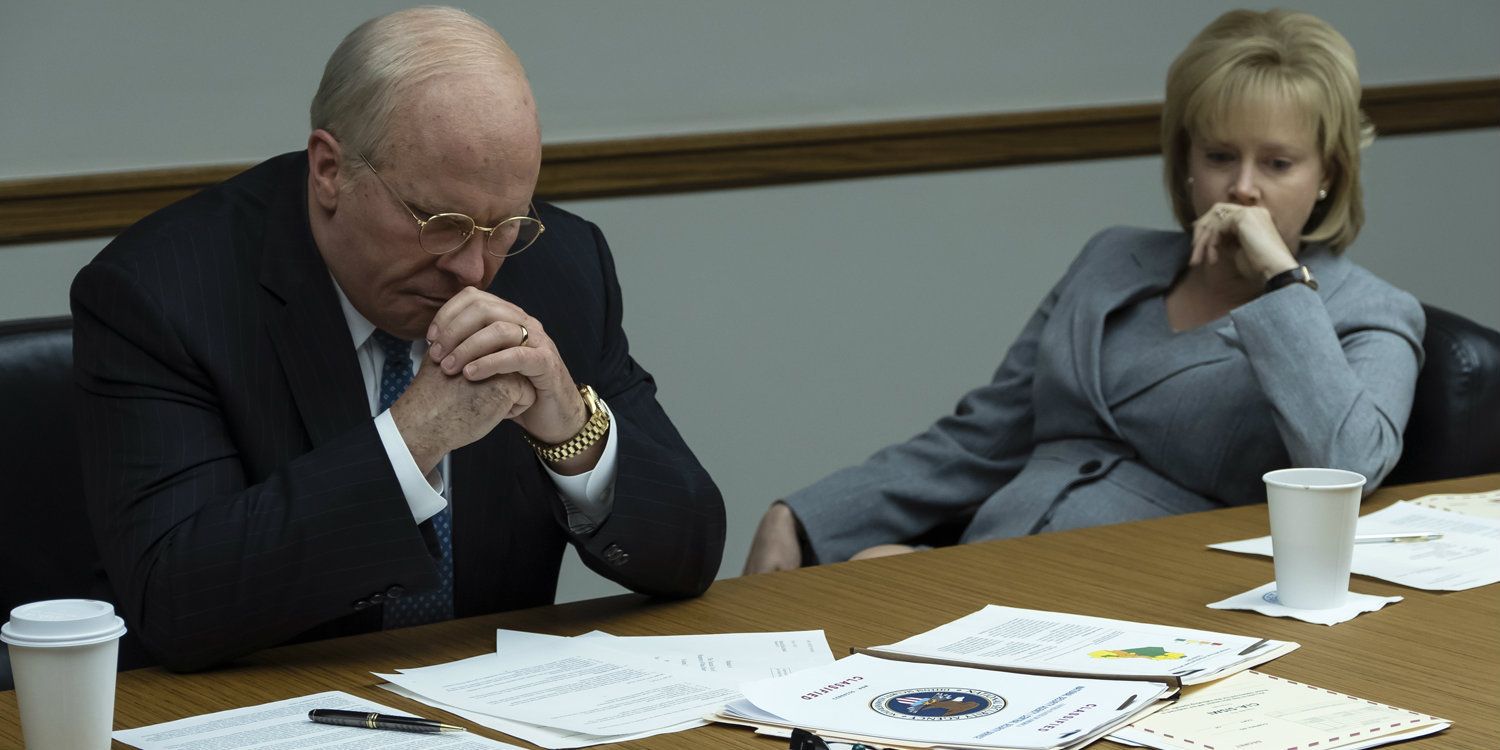https://ift.tt/2Bqfm9D 
Though it has the makings of a biting satire/biopic, Vice ends up feeling more like the rough draft of a better movie than a fully-realized vision.
Having tackled the 2007-08 financial crisis in 2015's Oscar-winning The Big Short, filmmaker Adam McKay is back, and has turned his eyes to the U.S. Vice President who was in power at the time of the crisis, Dick Cheney, with the biographical film Vice. Serving as the next step in McKay's evolution from a director best known for his Will Ferrell comedies to a storyteller who specializes in more grounded satire, Vice follows in the footsteps of this year's BlacKkKlansman and draws a direct line between the events of the past and the political status quo in the U.S. today. The resulting movie is a fiery indictment of Cheney and George W. Bush's presidential administration (and everyone in-between), but also a film that could've used some additional refinement. Though it has the makings of a biting satire/biopic, Vice ends up feeling more like the rough draft of a better movie than a fully-realized vision.
Vice begins in the early 1960s, when Dick Cheney (Christian Bale) was a young man who had failed out of Yale University, and was arrested twice for driving while intoxicated (DWI) over as many years. When his high school sweetheart, Lynne Vincent (Amy Adams), tells him matter of factly that he either needs to shape up or they're through, Dick gets his act together and eventually becomes a political intern under Richard Nixon's administration, starting in the late '60s. Not long thereafter, Dick joins the staff of then-Director of the Office of Economic Opportunity, Donald Rumsfield (Steve Carell), and continues to ascend up the ranks of the White House over the years that follow.

However, despite Dick's ongoing success in both the U.S. public and private sectors over the years that follow, he's unable to realize his greatest ambition: to become (what else?) President of the United States. An opportunity then presents itself in the late '90s when Dick is approached by George W. Bush (Sam Rockwell) to serve as his Vice President - a figure that has traditionally wielded very little real power or influence. Realizing that he can use the job to become the puppet master who's really in charge of Bush's administration, Dick accepts the offer and goes on to reveal just how powerful (and dangerous) a "Vice" truly can be.
McKay's Vice script resembles The Big Short in the way it uses framing devices like voiceover narration - here, delivered by Jesse Plemons as a character whose identity is kept secret for much of the film - and comedic asides to help audiences navigate its political jargon and the sheer amount of history it covers. Unfortunately, his approach wields far more cumbersome results this time. The movie starts off pretty unevenly (its opening feels like several prologues crammed together) and the VO by Plemons seems unnecessary for much of the first act. In time, however, Vice starts to find more of a narrative rhythm and use its narrator more efficiently - namely, by having him explain who everyone is and what's even happening during any given scene. McKay and his editor Hank Corwin (who previously collaborated on The Big Short) seemingly had a lot of footage to cut down to size here, which may explain why the movie feels somewhat choppy as a whole. All the same, the pair do succeed in creating some effective juxtapositions between different major events in Cheney's life - the September 11th U.S. terrorist attacks being the most obvious example - by jumping back and forth in time.

It probably would've helped if McKay had been more willing to kill his darlings on Vice, especially when it comes to the movie's most indulgent comedic asides and story tangents. Still, from a directorial perspective, he does a commendable job of including darkly comedic elements here to counter out the real-world horrors that the rest of the film deals with (be it the cutthroat nature of U.S. politics and/or the invasions of Afghanistan and Iraq in the 2000s). McKay and Zero Dark Thirty DP Greg Fraser further draw from a strikingly subdued color palette, in order to paint Cheney's world as being a (somewhat literally) shadowy realm where he and those closest to him scheme and map out their diabolical plans behind closed doors (or out of earshot of whichever oblivious president Cheney is working for, at the time). Vice's skeevy characters in particular feel all the more authentic to their real-world counterparts thanks to the generally terrific work by the film's makeup department... though, admittedly, Rockwell's nose as George W. Bush is a bit of a weak spot.
Speaking of physical transformations: it should come as no surprise to hear that Bale (reuniting with McKay here after The Big Short) vanishes into the role of Cheney, both in terms of his appearance and his growling vocals. His calculating personality and use of words is enhanced by Bale's screen presence and, fittingly, matched by Adams' portrayal of Lynne as the Lady Macbeth to the power-hungry Cheney. Together, they make for a perfect set of Shakespearean villains... an idea that, yes, the movie hits audiences over the heads with, during one of its comedic asides. The rest of the cast around them are equally sturdy, with Carell shining as the weaselly Rumsfield and Rockwell hitting the right note of dim-witted in the role of G.W. Bush. Other supporting players (like Tyler Perry as Colin Powell) similarly leave a good impression here despite limited screen-time, as do Allison Pill and Lily Rabe as Cheney's daughters Mary and Liz. The only significant problem with Vice's supporting ensemble is, well, they're simply not in the movie a whole lot and end up feeling under-used for it.

In many ways, McKay is his own worst enemy in Vice. He and his creative team frequently resort to ham-fisted expository dialogue (or voiceover) and unnecessary comedic visual punchlines to drive their points home, rather than trusting that their audience is smart enough to grasp the important, but often unsubtle ideas they're trying to get across. Likewise, many of the arguments that Vice presents about U.S. history over the past several decades (and how it led to the political turmoil in the present-day) are compelling and certainly worth hearing out, but come off feeling incomplete, as presented in the film. Vice does make a respectable effort to hold both U.S. republicans and democrats accountable for the many terrible things their administrations have done over the years... and yet, outside of the political arena, it's guilty of taking lazy potshots at undeserving targets and (during one particularly egregious moment) relying on borderline sexist humor to make its points. Basically, for every thing Vice does right, it undercuts itself with a misstep.
The end result: Vice is a film with a lot of promising elements; yet, as a whole, it feels like less than the sum of its individual parts. While Bale and his costars will almost certainly - and deservedly - gain some traction this awards season for their performances, the actual movie isn't as innovative as McKay's work on The Big Short and may struggle to land similar recognition (depending on the film's larger reception, of course). Cinephiles and political enthusiasts may want to check this one out all the same, and might even find themselves more forgiving of the movie's flaws, in light of its ambition. As for everyone else: consider this one your feel-bad viewing option for the winter holidays.
TRAILER
Vice begins playing in U.S. theaters on Tuesday, December 25. It is 132 minutes long and is rated R for language and some violent images.
Let us know what you thought of the film in the comments section!
from ScreenRant - Feed https://ift.tt/2QxYf02
via IFTTT



.JPG)
17.jpg)
0 Yorumlar